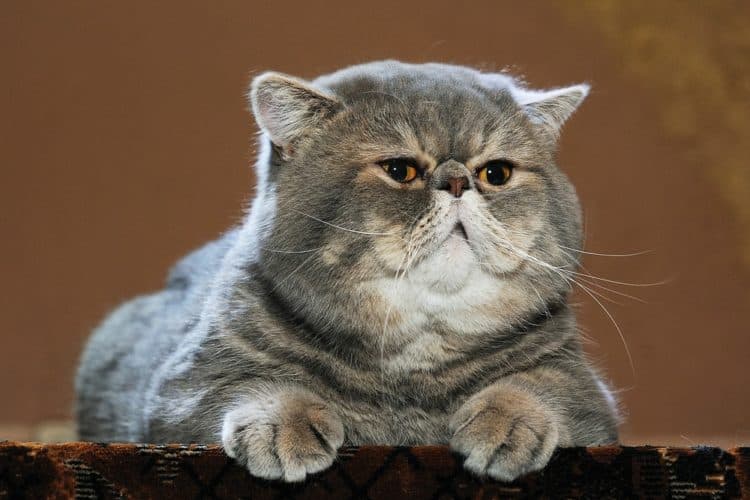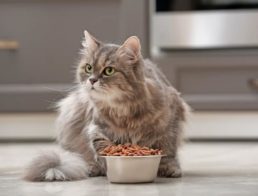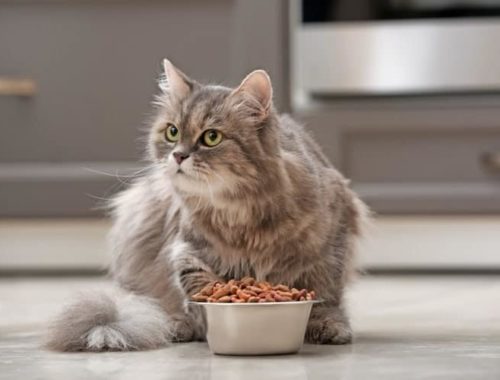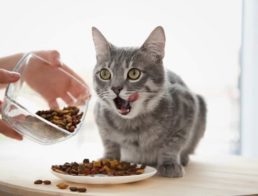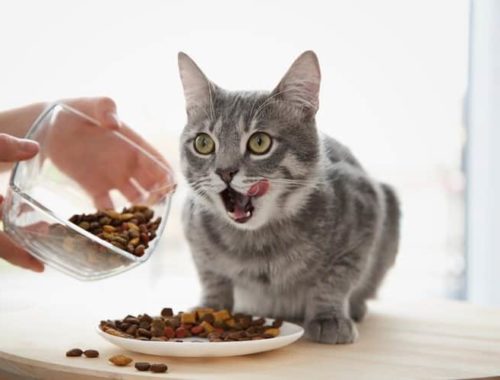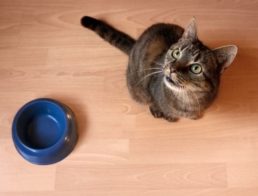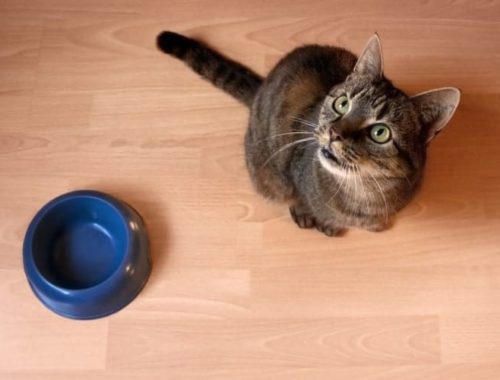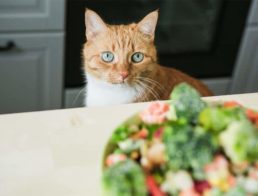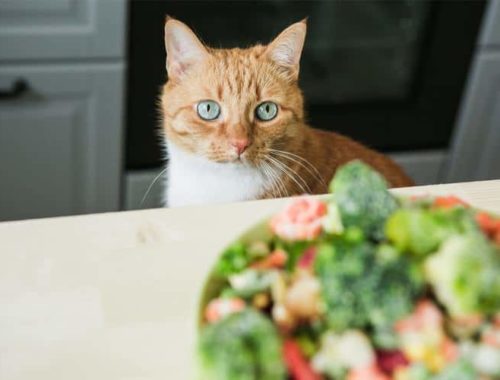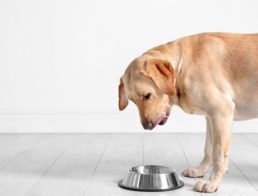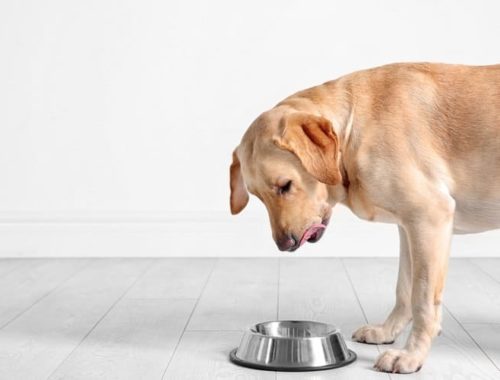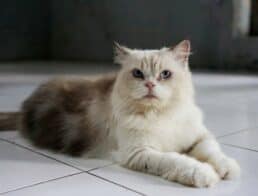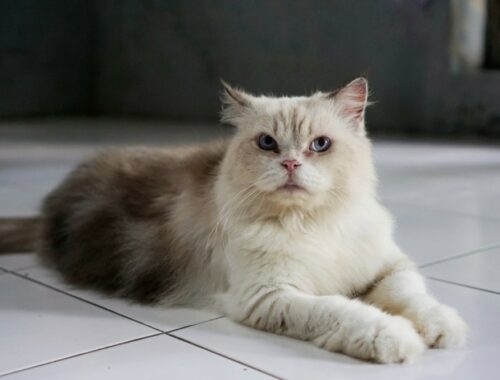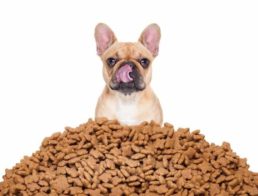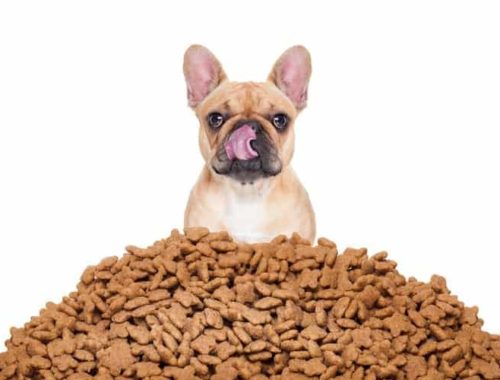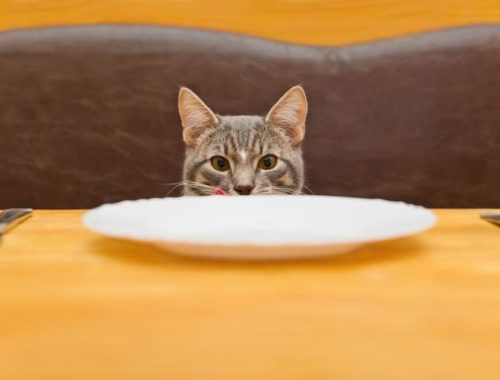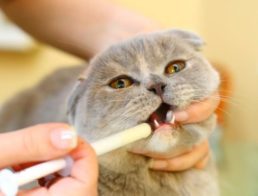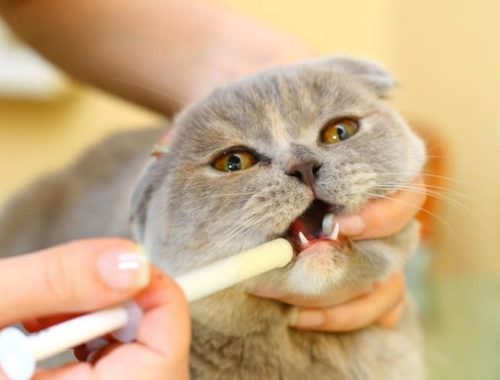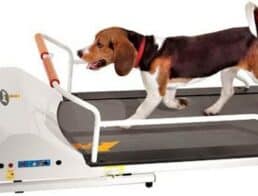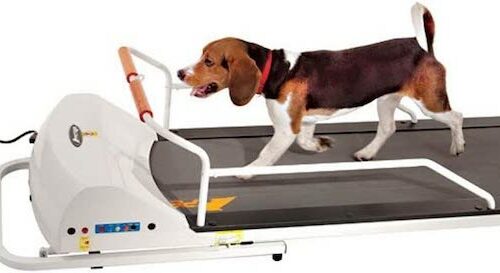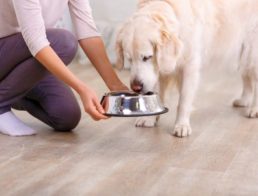Like humans, cats can put on a few extra pounds, especially as they get older and their metabolism slows down. And undoubtedly, weight loss is one of the most difficult challenges for humans and pets alike. Helping your cat lose unecessary weight will not only ensure they’re in optimal health, it may even add extra years on their life. However, the process of losing weight of cats is completely different from humans.
The fact is, more than 30% of the cat’s population in the world is obese. This has made weight loss for many cats essential. Excess weight in cats is linked to many specific health conditions; sometimes, it can also exacerbate existing health problems in your cat.
It is therefore crucial to determine when your kitty needs to shed some pounds. As a responsible owner, you should also learn what steps you should take to reduce the impact on her health. In this article, we will be briefly discussing the weight loss tips for cats.
Why do Extra Pounds Matter?
Many first-time cat owners love seeing their cats with extra fluffy fur and additional fat. But what they need to understand is that excess weight can be an alarming sign of various health problems. For example, it can lead to mobility issues and heart problems.
If you are interested in breeding your cat, weight plays a significant role. Take advice from the doctors on how cats mate and know the average weight they may have to maintain. These are some of the reasons why it is necessary to keep an eye on a cat’s weight.
Sometimes, when you visit the vet, they may ask if your cat could lose two or three pounds. To you, that two or three pounds are not a big deal, but for the cat, it is a substantial problem. Let’s use an example to better understand this. Consider an average human weighing 180 pounds. Now compare the weight with the cat of 10 pounds. Those 2-extra pounds on a cat will be equivalent to 36 pounds. Now, if the cat is 3 pounds, then its average weight will be 40 pounds in the human weight frame.
Therefore, when considering excess weight, think proportionately. Even 5-6 ounces will matter. Also, whenever there is a necessity to help your cat reduce weight, you need a plan. By just decreasing the quantity of food, they are not going to lose weight.
What Can Help in the Gradual But Healthy Reduction of Weight?
High Protein Foods
Cats are generally carnivores that need a high amount of protein for their digestion. Also, compared to carbohydrates and fats, proteins are converted into energy more. That’s why when you adopt any weight management diet suggested by a veterinarian, the diet usually comprises of fewer calories.
It is recommended that you provide sufficient protein to maintain the weight loss process while keeping your cat energetic. Various studies show that cats will feel satisfied after the protein-based meal for a longer time. Therefore, veterinarians suggest that you should include 35-45% protein content as a part of the cat’s diet.
Low in Carbohydrates
Every creature in the world needs carbohydrates and fats for their everyday survival. However, the amount of carbohydrates always depends on weight as well as other factors. It is not still the same for all cats. Overweight cats need to very cautious with carbohydrates intake as they may cause obesity related problems later in life.
Most of the dietary plans suggest the minimal carbohydrate content every day, and for overweight cats, cutting down or reduce the carbohydrate intake.
High Fiber Content
Weight management diets suggest feeding cats foods with high fiber content. Usually, the foods that are rich in high fiber are also right in water content. Naturally, when cats eat high fiber content, their appetite reduces. In turn, this can massively reduce the number of times they eat. Veterinarians recommend cat owners to provide fiber content in the late morning or afternoon as cats don’t feel as hungry after that. But their stamina is maintained, and they can run, play, and go about their regular day efficiently.
Carnitine
Carnitine is one of the go-to options for to help cats lose weight. Several studies conducted on obese cats state that amino acids have a significant impact on weight loss if you want your cat to lose weight efficiently. The amino acids are usually present in the body. However, due to excessive fats, they may not be able to function during digestion. If you provide cats with the carnitine-based food, they will act as a catalyst for the amino acid reaction. Ultimately, they will help in turning the fat into energy quickly.
Low sugar levels
Usually, cats have a sweet tooth. They are highly fond of sweets and other food items that have a subtle taste of glucose. If you observe closely, cats eat peanut butter, all bakery items, and dark chocolates. They can easily smell high glucose food, and that could be one of the main reasons why they have gained weight now.
Therefore, you need to bring limitations and restrictions with high glucose level foods. Also, biologically, this will also increase their appetite, making them want to eat more than usual. If they are craving sweets, then cats can eat ice cream that is flavored and sugarless. These products are readily available in the supermarket.
These are some of the best weight loss tips for cats. You can get a proper schedule from the vets and divide the nutrition and diet food equally in a week. In this way, cats will reduce their extra pounds without feeling weak or tired.
How Quick Can Cats Reduce Their Weight?
On the whole, the idea of weight loss is to support the health of the cats. But if you rush their weight loss, it may never work. In fact, they may also have reversal problems. There are concerns about how some cat owners provide extra supplements to make their cats reduce the weight. However, this is considered to be cruel. A cat’s body does not react to steroids and supplements the same as humans. You need to stimulate and help the process to occur naturally, instead of forcing their weight loss, which may result in a fatality.
Wrapping Up
If you do not want to undertake any of these tips to help your cat reduce weight, then you will need to create a habit of a healthy diet routine in the early stages of their life. Just like humans, cats can adapt to a healthy food culture which will not lead them to obesity. There are many kinds of healthy kitten foods available in the market. Take suggestions from your doctor and provide them with wholesome nutrition, which will maintain them at the proper height weight and simultaneously keep their hunger at bay.
About the Author
Hey I’m Linda Butts, the girl behind PawsomeTalk. With my pawsometalk.com I hope to share ideas and techniques from my personal experiences of what I have done with my pet research and what I love about pets and their lives.
Featured Image Credit: Sharnikau Uladzimir, Shutterstock


